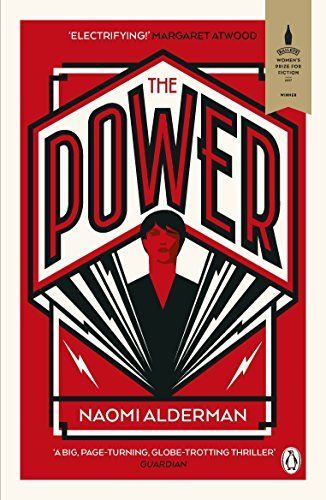
The Power
SHORTLISTED FOR THE 2017 BAILEYS WOMEN'S PRIZE FOR FICTION LONGLISTED FOR THE 2017 ORWELL PRIZE What if the power to hurt were in women's hands? Suddenly - tomorrow or the day after - teenage girls find that with a flick of their fingers, they can inflict agonizing pain and even death. With this single twist, the four lives at the heart of Naomi Alderman's extraordinary, visceral novel are utterly transformed.
Reviews
Diego@namelesspope
Marz @starzreads
Chris Dailey@cris_dali
Patrick Book@patrickb
Ryan Mateyk@the_rybrary
Emily Burns@emilymelissabee
taelor@taelorab
Lindy@lindyb
Micaela Rangel@mreads2much
Dom@domi_b
esperanza @espymagana
Aamna@aamnakhan
Kristen Claiborn@kristenc
Patricia Nelson@tnelson577
Holly@tolya
Alexgui@melloncollie
Colleen@mirificmoxie
Ali Angco@aliangco
Joana da Silva@julesdsilva
Andrew Louis@hyfen
Charlotte Dann@chareads
Addie 🌻@addie_reads
Shona Tiger@shonatiger
Carah Gedeon@carahgedeon